The Future Says technology is vital
Digital health
Can a collaborative approach involving machine learning, science and engineering defeat disease and improve longevity and healthcare? Our research says it can.
What’s the problem?
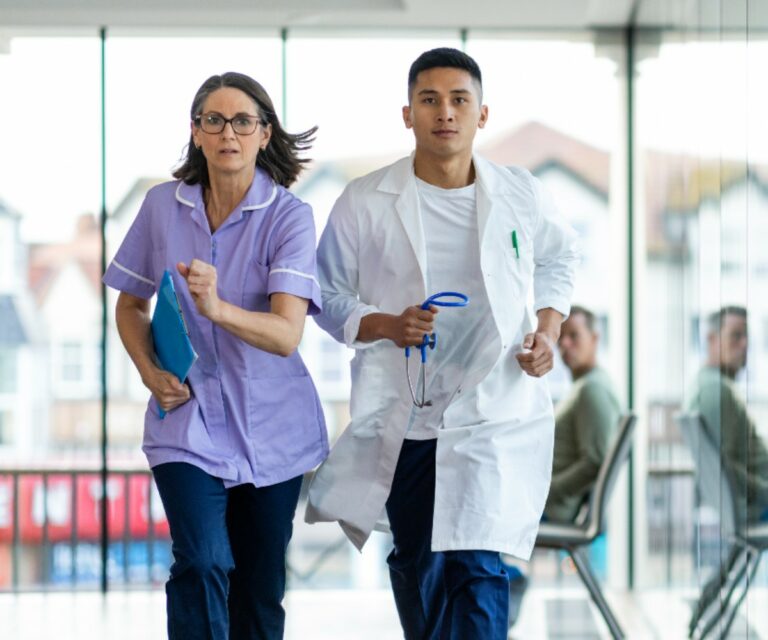
“The Covid-19 pandemic pushed our NHS to breaking point,” says Professor Jo Armes, the Lead of Surrey’s Digital Health hub. “And the UK has one of the biggest economies in the world. Imagine facing such a threat without those resources in place.
“The United Nations also estimates that longer life expectancy will see the proportion of people over 60 hit two billion by 2050, with around 400 million over 80. That will increase the pressure on global medical organisations even more.
“Healthcare delivery will have to be vastly different from today in the coming decades. People will be living longer with multiple illnesses, and new models of integrated care that utilise incoming technologies will be required to meet these complex needs.”
What we’re trying to do
DigitalHealth@Surrey tackles these challenges by exploring the opportunities presented by innovations such as bio-sensing, medical imaging, artificial intelligence (AI), sensors and wearables. It explores how the implementation of these advances will enable better access and delivery, facilitate early diagnosis and timely intervention, improve outcomes and reduce costs.
We do this by bringing together academics from medical and health sciences, electrical and electronic engineering, biomedical engineering, computer science, chemistry, physics, biosciences, mathematics, psychology and sociology.
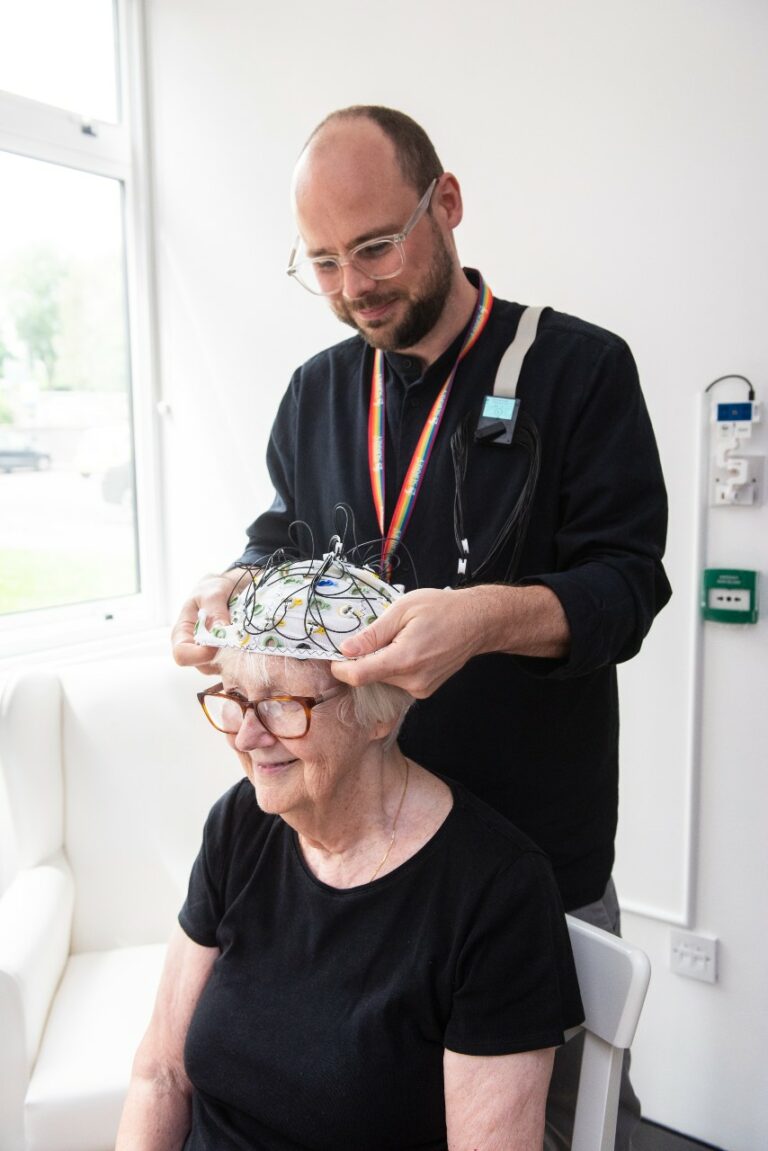
Recent projects include:
- Analysing the electromagnetic brain signals of patients with Alzheimer’s to diagnose dementia earlier.
- Applying state-of-the-art computer vision techniques to solve medical imaging problems.
- Combining biomedical engineering and AI to better understand the development of cardiovascular disease.
- Combining AI and mathematical algorithms to increase efficient and timely disease diagnosis and treatment.
- Developing non-invasive biosensing textiles for wound monitoring and treating bipolar disorder.
- Testing a mobile phone-based system to monitor symptoms of people with cancer in real time in their homes.
Who’s involved?
Several prominent University research groups contribute to our work. These include:
- 5G/6G Innovation Centre
- Advanced Technology Institute
- Brain and Behaviour Research Group
- Centre for Biomedical Engineering
- Centre for Mathematical and Computational Biology
- Centre for Vision, Speech and Signal Processing
- Health Sciences Research Group
- Radiation and Medical Physics group
- Surrey Clinical Trials Unit
- vHIVE (Veterinary Sciences)
Our industry and public service partners include:
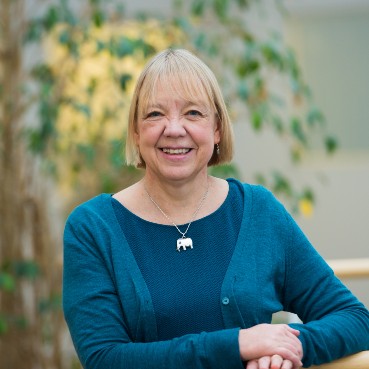
The lead of our digital health group, Jo has considerable expertise in clinical trials of complex interventions using digital health technology.
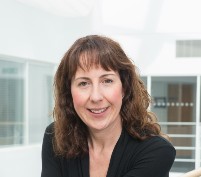
A reader in physical and materials chemistry, Carol’s work spans lithium monitoring for those with bipolar and textile-based sensors to building sustainable batteries.

A senior lecturer in semiconductor devices, his work includes research into thin-film transistors for sensing applications and monitoring.
Why we need your help
In this rapidly evolving sector, we need tomorrow’s solutions embedded in the clinical world today. Together, our work will revolutionise healthcare delivery through digital innovation that is firmly rooted in public sector priorities.
Currently, our team is comprised of fragmented researchers and groups. Our vision is to create a sustainable network of cross-disciplinary digital health researchers that grows in capacity over the next five years.
Areas of expertise we will recruit include:
- Healthcare and biomedical engineering
- Health data analytics and modelling
- Health economics for digital health
- Human factors for digital health
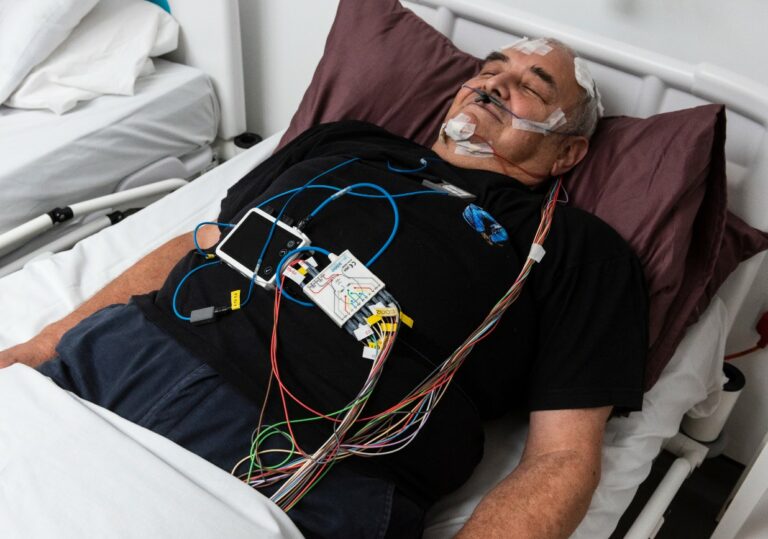
“Cardiovascular problems, cancer and many long-term conditions would benefit from a slightly different version of what’s already been delivered that leverages the latest technology. We’re developing a reputation as people who can do this.”